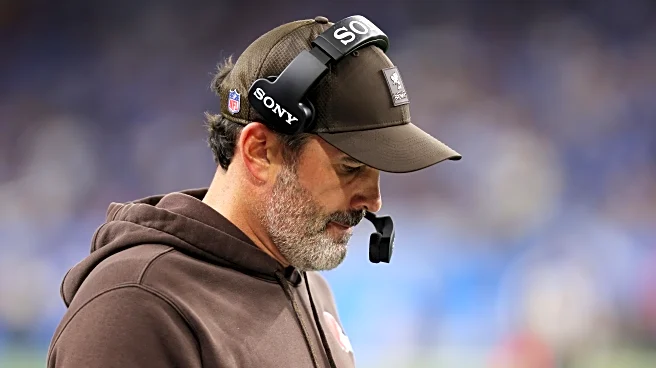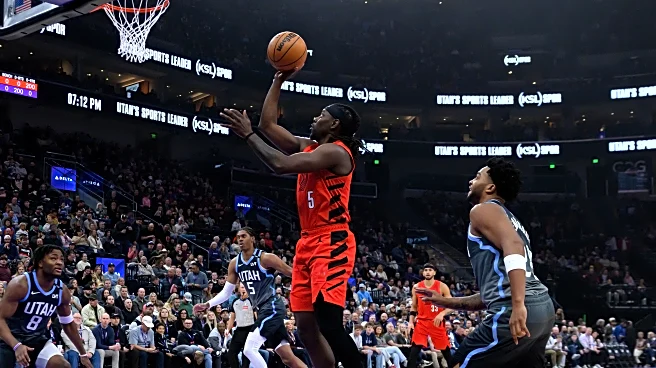The Cleveland Browns seemed to control the Minnesota Vikings in Week 5 of the NFL season, from jolly ol’ London. Despite that, and RB Quinshon Judkins continuing to look like the stud running back the team
expected when drafting him in the second round, the Browns ended up as losers and the Vikings winners.
In general, Cleveland has needed to play close to perfect games to win this season and has rarely come even close to perfection, even the NFL’s version of that (which is much less than 100%). Suffering 10 penalties, six on offensive tackles, not having Judkins in on a big redzone possession at the end of the second quarter, and becoming predictable and safe late in the fourth quarter are just a few problems that cost the Browns the game.
HC Kevin Stefanski continued to answer questions with “we have to do better,” as he always does, but was obviously frustrated with his team’s inability to close the game out:
That frustration wasn’t enough for DE Myles Garrett, who noted the emotional reaction doesn’t matter:
Garrett continued with his statements about what matters, including sacks and turnovers:
Interestingly, rookie QB Dillon Gabriel, making his first career start, talked about trying to balance being aggressive with making intelligent decisions:
Prior to that question, however, Gabriel seemed to indicate that he chose to be careful more often than not:
That balance swung far too hard toward being safe, especially in the fourth quarter. Prior to the last possession, which started with 25 seconds left, the Browns offense gained 39 yards in four possessions. Cleveland held a slim 17-14 lead heading into the final stanza and seemed content to allow their defense to win the game for them.
While the Browns defense is aggressive, that decision is a passive, safe one.
Stefanski was not willing to blame the number of rookies getting playing time (in double digits at this point) for the problems:
While that is a fine leadership statement, it seems obvious that Stefanski and company are doing everything they can to reduce potential mistakes. Often, even though it can give defenses a chance to jump the snap, Cleveland’s offense will let the playclock run down in an attempt to make sure players are in the right position and potentially to limit plays for the other team.
Too safe.
Even when it comes to the use of Judkins, Stefanski noted both trusting veteran Jerome Ford as well as monitoring the star back’s usage:
For two different “safe” reasons, the Browns didn’t have their best offensive player on the field while inside the 10-yard line. The team settled for a field goal instead of getting a touchdown. Those four points equal the difference on the scoreboard on Sunday.
Again, too safe.
Now, just hours after the game ended, Cleveland is headed to the airport to fly home overnight. Most of the players and all of the support staff will have about 28 hours between when they left their hotel on Sunday and when they touchdown in Ohio on Monday. After a physical game and a tough loss, the Browns have a tough travel and have to face the Pittsburgh Steelers in Week 6, on the road.
Why? Cleveland’s brass decided not to ask the NFL for their bye week to follow their London trip, likely because it would have been so early in the season. Who made a different decision? The AFC North-leading Steelers, who had their bye in Week 5 after playing in the NFL’s first Ireland game. Now rested, they await the tired Browns, as Garrett admitted after the game, due to travel and schedule:
The questions continue to pile up, but one that the team will have to ask themselves is if they want to continue to play everything safe and smart, or is that a philosophy that needs to be addressed sooner rather than later.









